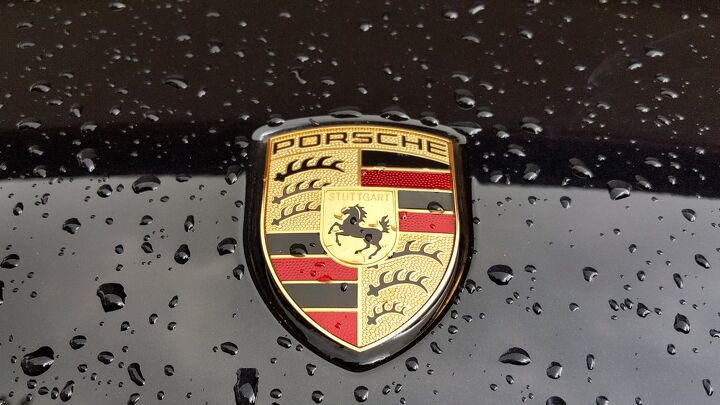#SyntheticFuels
What’s the Deal With Synthetic Fuels?
Following news that the European Union had delayed voting on the prospective banning of the internal combustion engine, Porsche and Ferrari have reportedly been doing their utmost to encourage exemptions for synthetic fuels. Presented as an alternative to gasoline and diesel, “e-fuels” would theoretically allow the automakers to continue selling traditional engines while offering fuels they claim would be less harmful to the environment.
However, cutting through the industry rhetoric on this will be important. Despite assurances that synthetic fuels would reduce greenhouse gas emissions, there are a lot of lingering questions about e-fuels.
Porsche Investing in Synthetic 'eFuels'
Despite Porsche transitioning to all-electric vehicles with the rest of Volkswagen Group, the brand believes that its customers will still want to drive around vintage gasoline models even after the European Union has banned them into oblivion. This is especially important for the iconic 911, which the company has repeatedly hinted would be one of the last models in its lineup to ditch internal combustion.
With countless racing series already devoted to classic examples of the car, Porsche wants to ensure there’s a solution for motorists who want to do more than pet theirs in a silent garage should the government introduce even stricter standards for automobiles than what’s already coming down the pike. So it’s revisiting alternative fuels — specifically a carbon-neutral alternative to gasoline that would work in traditional engines — from Chilean e-fuel producer Highly Innovative Fuels, with whom it’s already investing.

















Recent Comments